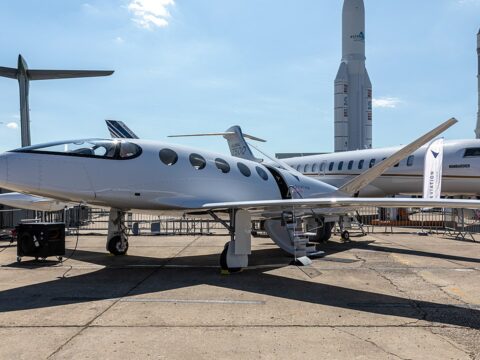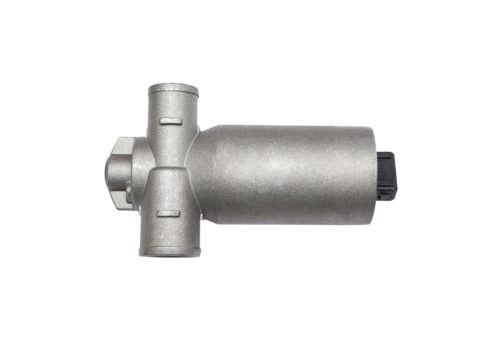Personal watercraft have come a long way since their inception, transforming water recreation with each technological breakthrough. From the first Jet Ski to the latest hybrid powertrains, these innovations have made PWCs faster, safer, and more environmentally friendly. Let’s take a look at 9 historic advances that have shaped the world of personal watercraft technology.
Contents
First Jet Ski (1973)

The Kawasaki Jet Ski, introduced in 1973, was the first commercially successful stand-up personal watercraft. This compact and lightweight design allowed for nimble maneuverability, revolutionizing water recreation. Riders could perform acrobatic stunts and tricks, powered by a 400cc two-stroke engine. Marking the beginning of the personal watercraft industry, the Jet Ski paved the way for future innovations.
Introduction of Sit-Down PWCs (1988)
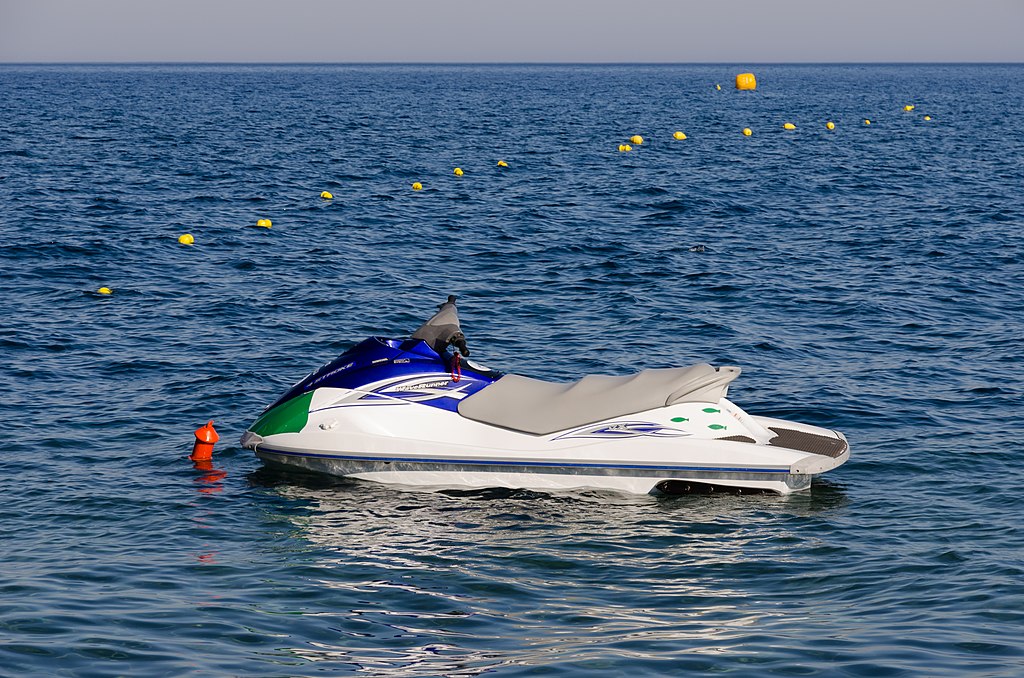
Yamaha launched the WaveRunner in 1988, the first sit-down personal watercraft. Offering enhanced stability and comfort, this model catered to a broader audience, including families and casual riders. The sit-down configuration allowed for multiple passengers and increased storage capacity.
Fuel Injection Systems (1997)

In 1997, Sea-Doo introduced the first fuel-injected personal watercraft, greatly improving engine efficiency and performance. Fuel injection systems provided better throttle response and reduced emissions while enhancing fuel economy. This innovation marked a significant step towards more environmentally friendly and reliable PWCs.
Supercharged Engines (2004)
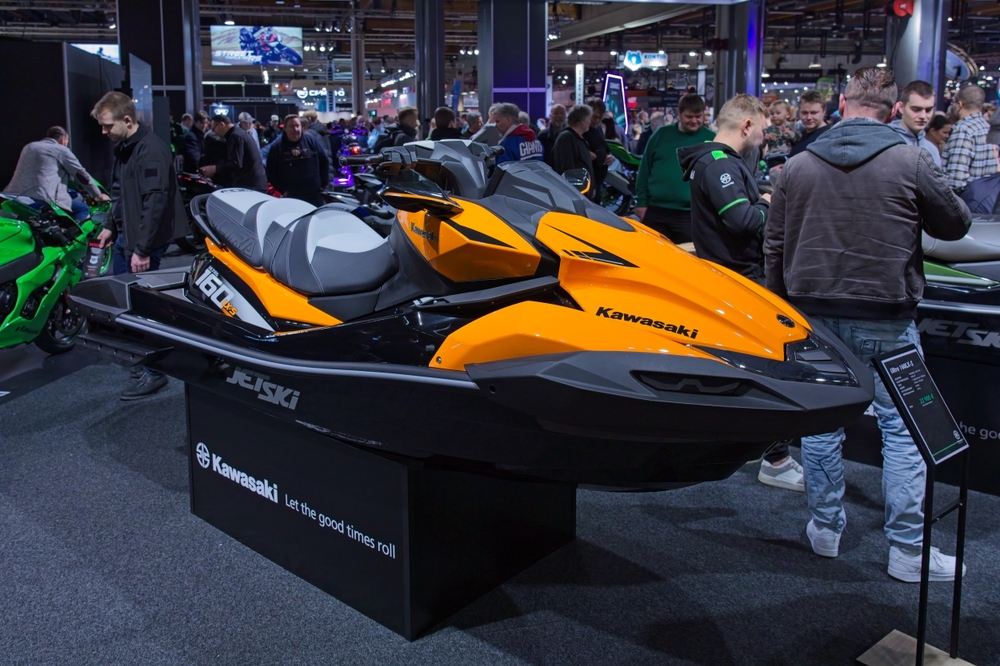
Kawasaki’s Ultra 150, introduced in 2004, featured the first supercharged PWC engine, delivering unprecedented power and speed. The supercharger significantly boosted engine performance, providing a thrilling experience for speed enthusiasts. This advancement set a new benchmark for high-performance personal watercraft.
NanoXcel Hulls (2008)
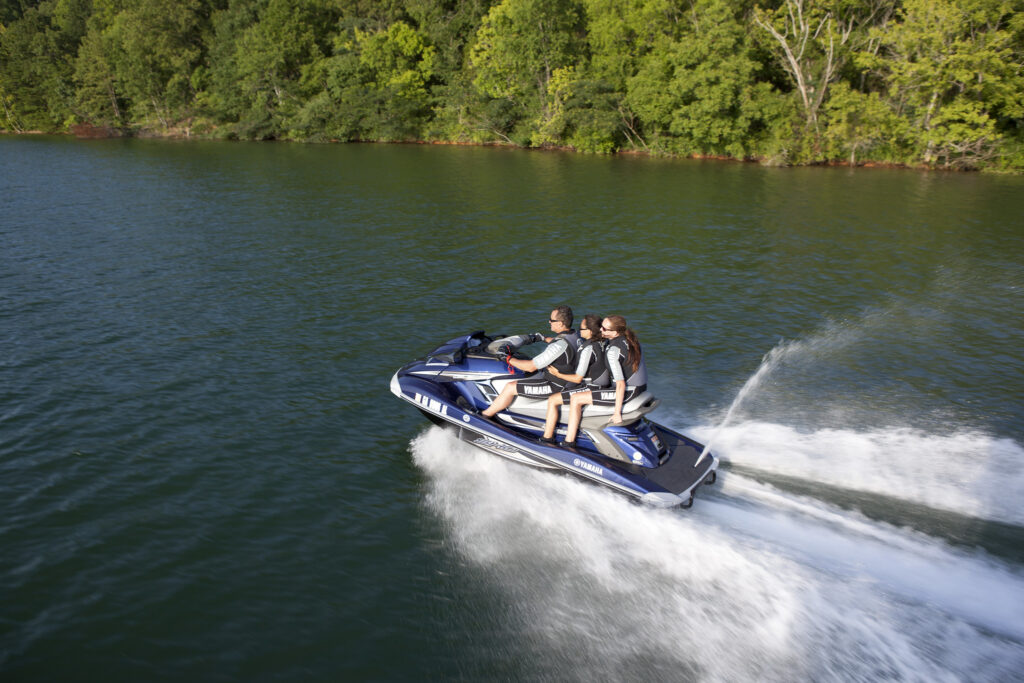
Yamaha’s development of NanoXcel hulls in 2008 resulted in lighter and stronger personal watercraft. Made from a proprietary material, NanoXcel hulls improved fuel efficiency, acceleration, and overall handling. This innovation allowed for more agile and responsive performance on the water.
Flyboard Invention (2011)
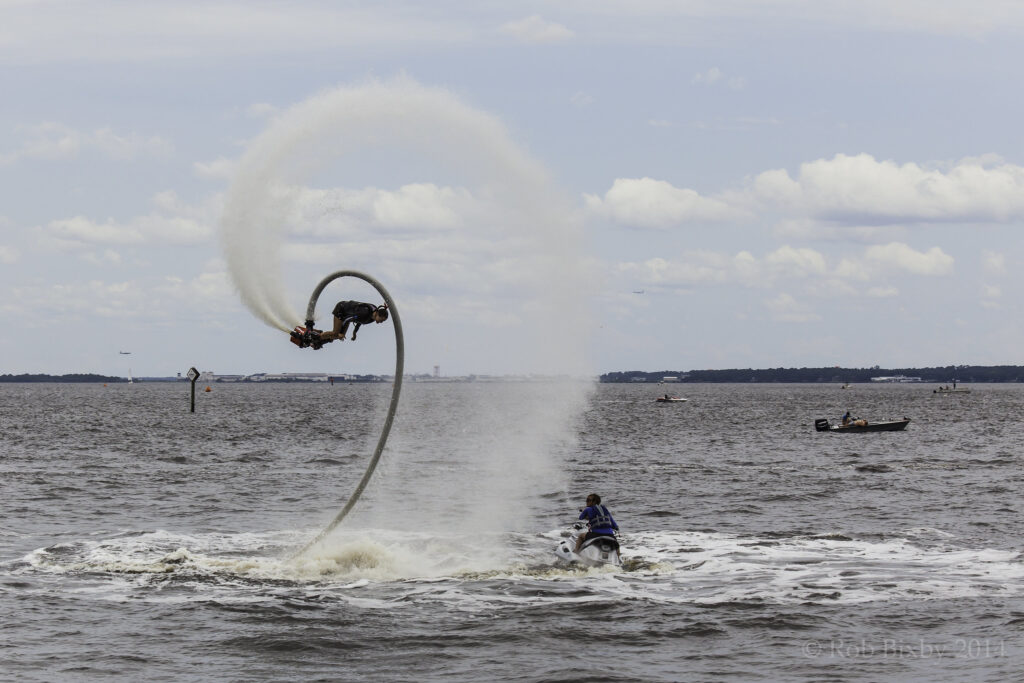
The invention of the Flyboard by Franky Zapata in 2011 introduced a new dimension to personal watercraft activities. Connected to a PWC via a hose, the Flyboard allowed users to soar above the water and perform aerial tricks. This innovation combined the thrill of jet skiing with the excitement of flight.
Bluetooth Connectivity (2016)
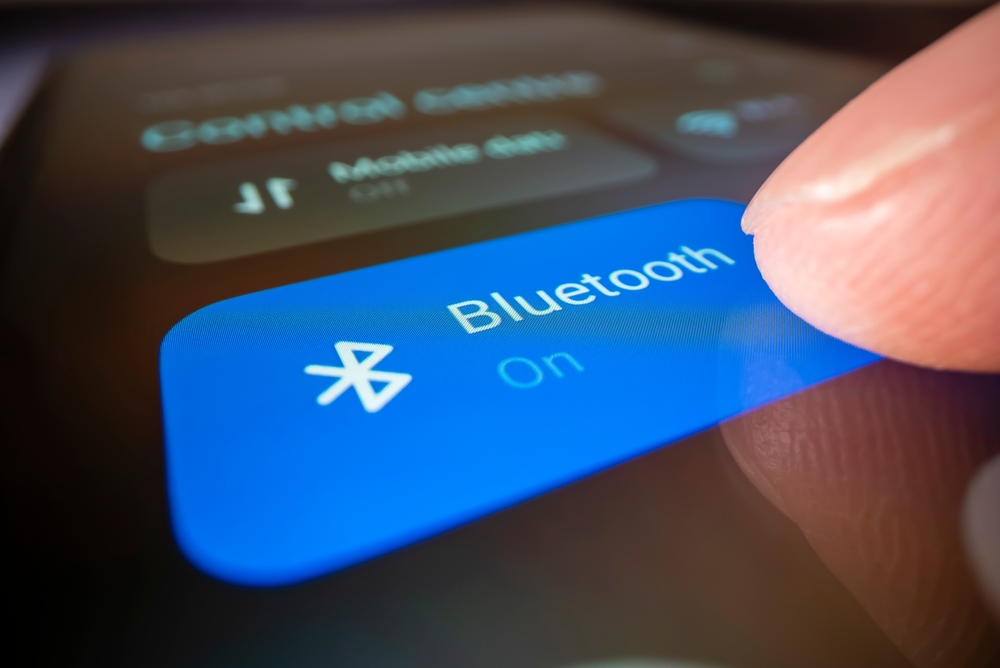
In 2016, Sea-Doo introduced Bluetooth connectivity, allowing riders to connect their smartphones to their PWCs. This feature enabled music streaming, GPS navigation, and hands-free communication while on the water. Bluetooth connectivity added a new level of convenience and entertainment to personal watercraft.
Advanced Sound Systems (2019)
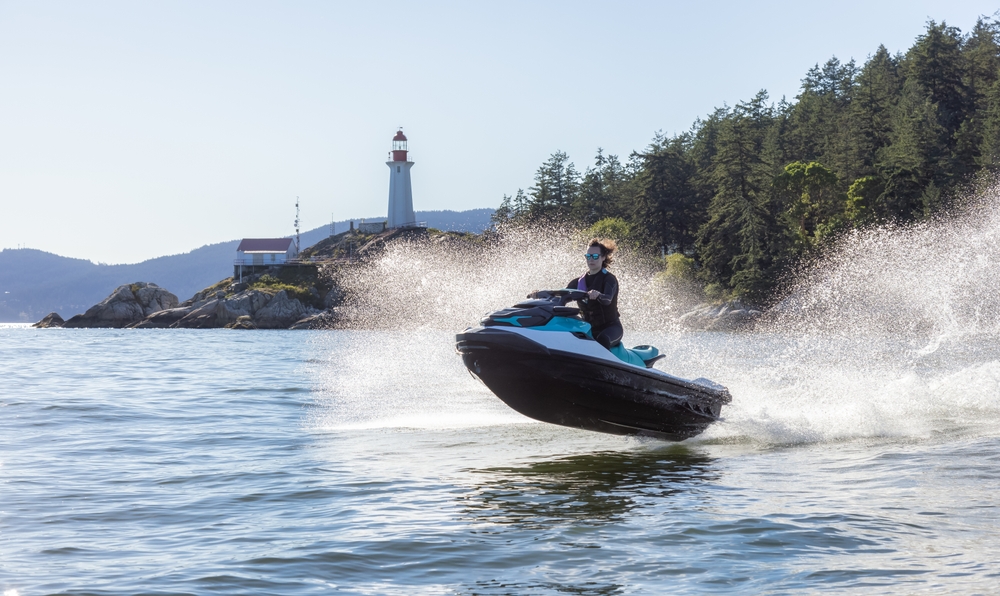
In 2019, Yamaha introduced advanced sound systems with integrated speakers and Bluetooth connectivity, providing high-quality audio experiences on the water. Allowing riders to enjoy music and audio content while cruising, these sound systems added a new dimension of entertainment to personal watercraft. Reflecting the growing trend of enhancing recreational experiences with premium audio technology, they set a new standard for integrated sound systems in PWCs.
Integrated GPS and Navigation (2012)
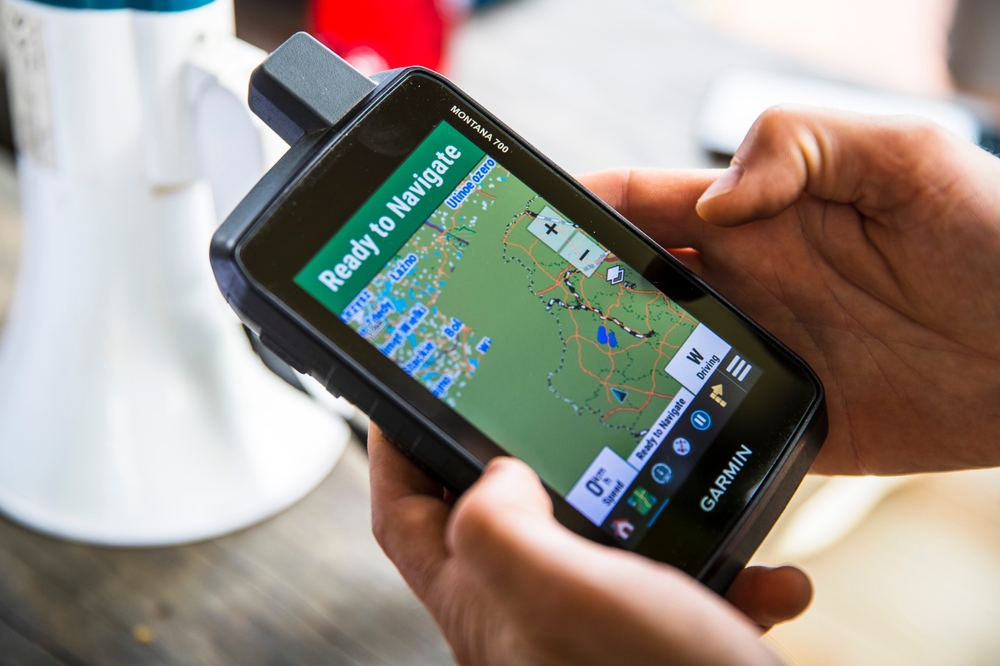
Sea-Doo’s introduction of integrated GPS and navigation systems in 2012 improved route planning and safety for personal watercraft users. These systems provided real-time navigation, speed monitoring, and trip tracking. Enhancing the overall convenience and safety of PWC operation, integrated GPS was particularly beneficial for long-distance rides.
This article originally appeared on MyCarMakesNoise.
More from MyCarMakesNoise
8 Limited Edition Luxury Yachts Worth Investing In
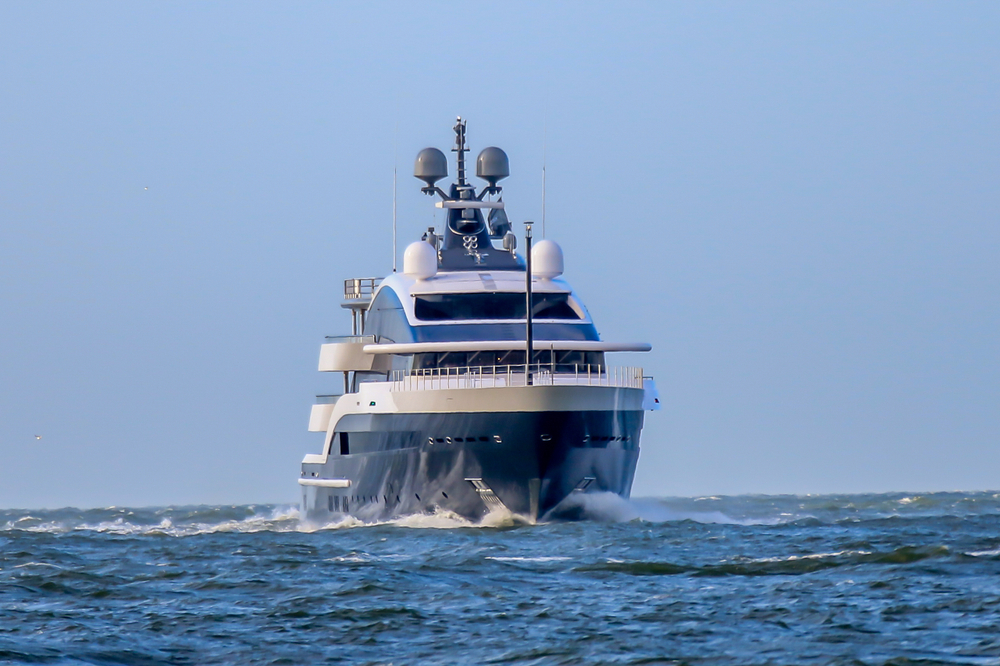
Investing in a luxury yacht is a dream for many, but finding the perfect one can be challenging. Limited edition yachts offer a unique blend of exclusivity, advanced technology, and unparalleled craftsmanship, making them highly sought after. Read More.
17 Lesser-Known Performance Cars with Impressive Specs
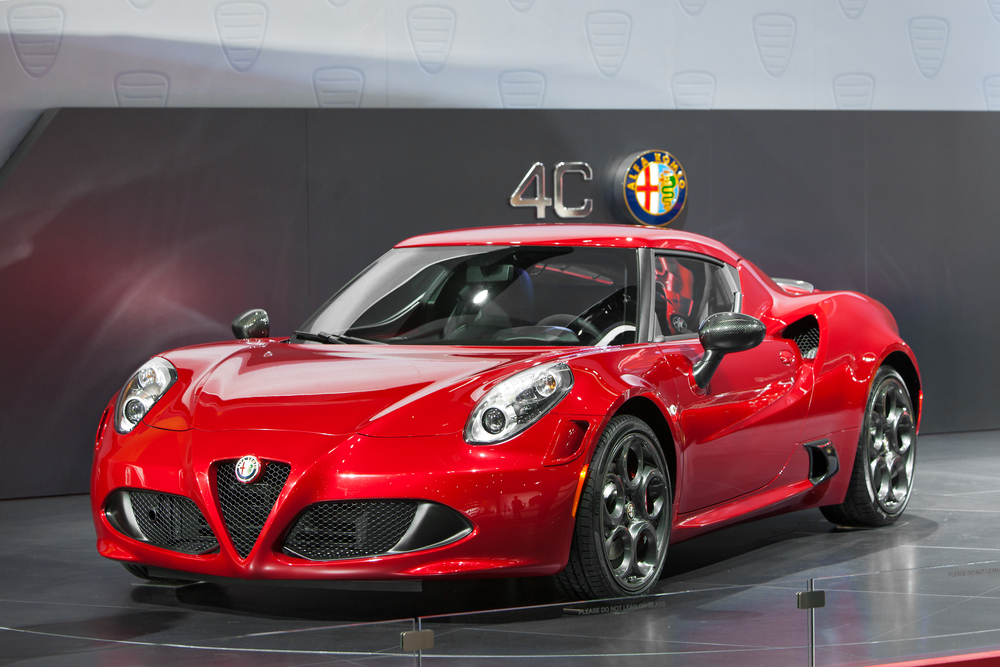
Performance cars often capture the imagination with their speed, power, and sleek designs. While iconic models like the Porsche 911 and Ferrari F8 steal the spotlight, many lesser-known performance cars offer equally impressive specs. Read More.
17 Rare Concept Cars That Became Valuable Collectibles
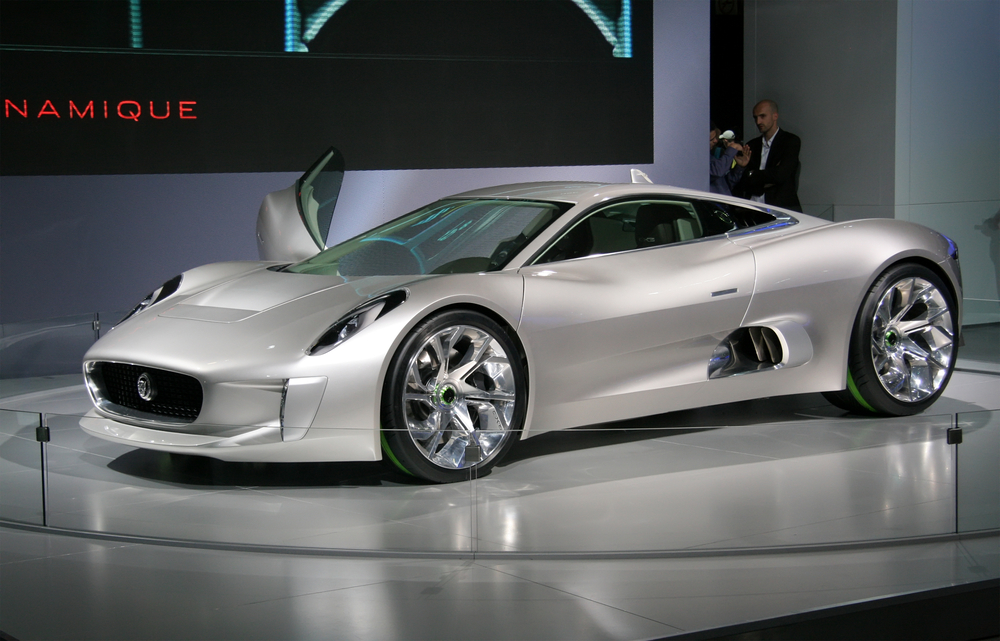
Concept cars have always fascinated car enthusiasts and collectors with their innovative designs and cutting-edge technology. Some of these rare prototypes never made it to production, yet they have become highly coveted collectibles over time. Read More.

